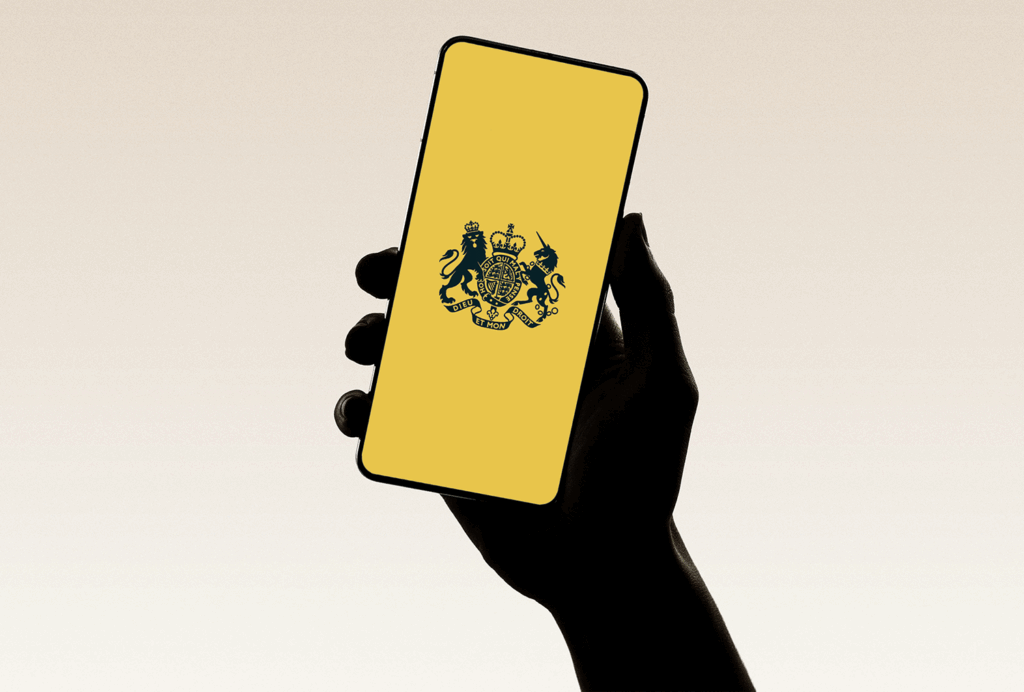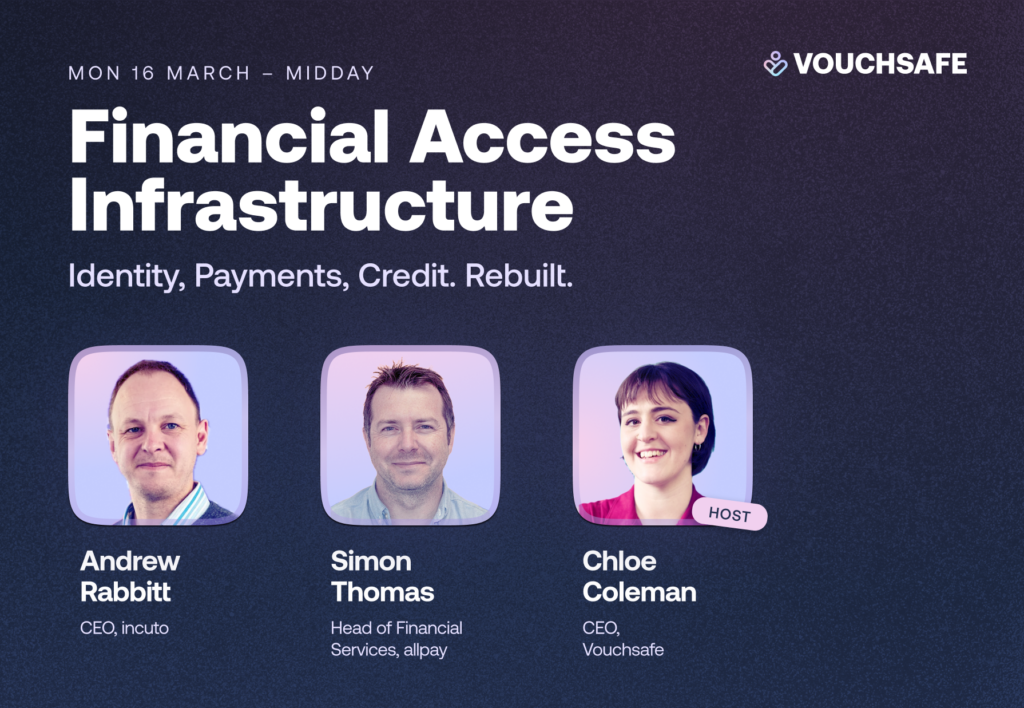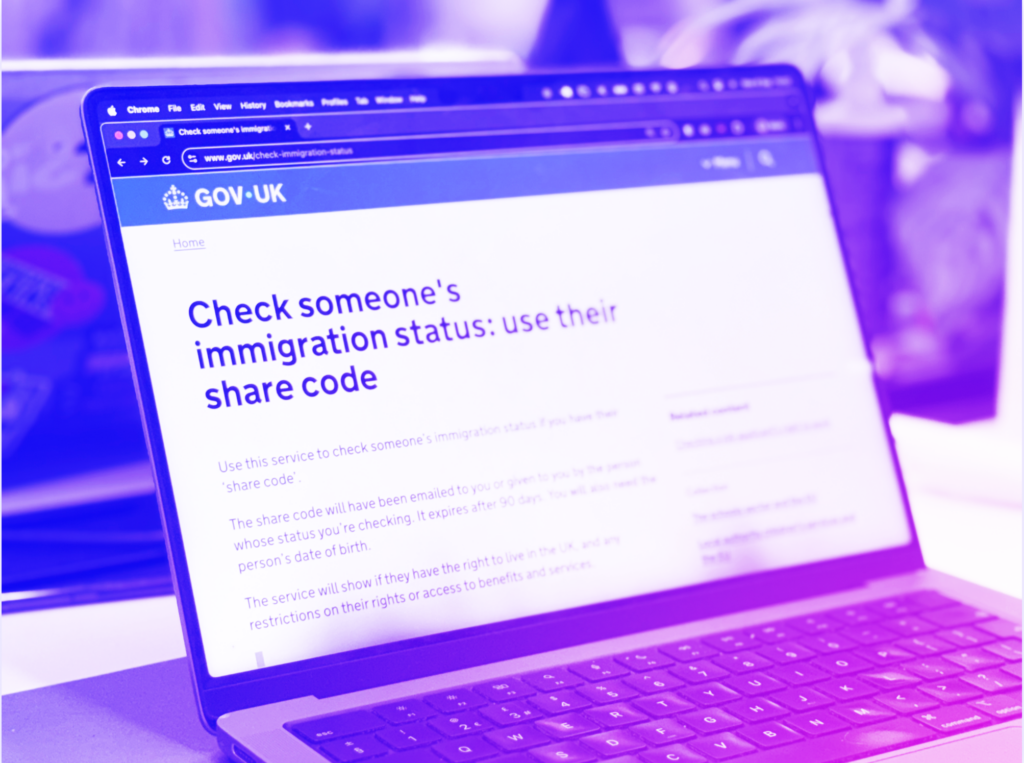Everything you need to know about the UK’s new mandatory digital ID

The UK government has confirmed that digital ID will be mandatory for right to work checks before the end of this Parliament. This is the most significant change to how people prove their identity in decades.
Here’s what you need to know, and what it means for employers, recruiters and financial services.
What is the UK digital ID scheme?
A digital ID is a secure, government-issued credential stored on a phone, similar to the NHS App or mobile banking. It allows individuals to prove who they are without relying on paper documents.
The new UK scheme will:
- Be mandatory for Right to Work checks
- Cover all UK citizens and legal residents
- Build on GOV.UK One Login and the government’s planned digital wallet app
- Expand over time to services such as driving licences, childcare, welfare and tax records
Why is digital ID being introduced now?
The government has set out two main aims:
- Immigration enforcement: to ensure that people without the right to live or work in the UK cannot gain employment
- Efficiency and security: to streamline access to services, reduce duplicate checks and cut reliance on paper documents
Other countries already use digital ID in this way. In Estonia, one digital identity underpins almost every interaction with the state. In India, Aadhaar has cut fraud and streamlined welfare payments.
Who will need a digital ID?
Everyone of working age will need one. That means:
- Jobseekers: a digital ID will be required to prove your Right to Work
- Employers and recruiters: digital ID will replace the current mix of document checks and eventually, eVisas
- Financial services: digital ID can add convenience and cut fraud during KYC and onboarding
The levels of ID poverty in the UK mean that getting to this outcome will be a significant challenge. Right now:
- 11 million UK adults have no passport or driving licence
- 4 million have no photo ID at all
Providing options for these people to enrol for digital ID will be critical to making the system work for everyone.
How will enrolment work?
Full details are not yet known. Unlike the 1990s ID card proposal, there is no expectation for people to enrol in person in large numbers.
Instead, it is expected that:
- Enrolment will begin using records already held by government, including passports, driving licences, NI numbers, eVisas and HMRC tax record
- The existing GOV.UK One Login is expected to form the backbone of the scheme, with multiple pathways to verification
- Fallback options will be provided for people without smartphones
For organisations, this means employees and customers will increasingly be able to prove their identity in a single, standardised way. The transition period will require adjustment.
What does this mean for employers and financial services?
- Stricter right-to-work checks: every employer will need to check candidates’ digital IDs before hiring. The remaining paper-based checks will be phased out.
- New recruitment workflows: agencies will need to update onboarding processes, train staff and integrate digital ID verification
- More convenient onboarding: digital ID can reduce drop-offs by removing the need to scan or upload physical documents
- More ways to prevent fraud: digital IDs are cryptographically secure, making forged documents much harder to pass through checks
- New systems to integrate: HR, compliance and onboarding platforms will need to link with the government’s digital ID infrastructure
Why it matters now
The government’s timetable is tight. Mandatory use is due before the next general election. That gives businesses limited time to adapt.
The opportunity is clear. Digital ID can make compliance simpler, cut costs and reduce fraud. But employers, recruiters and financial services firms will need to act quickly to prepare their systems and teams.
Vouchsafe specialises in helping organisations adapt to the shift to digital identity, from right to work checks to flexible KYC onboarding. If you would like to understand how this affects your organisation, email me at jaye@vouchsafe.id, or book a chat.



